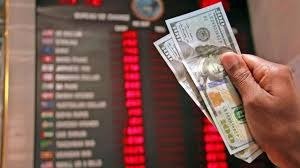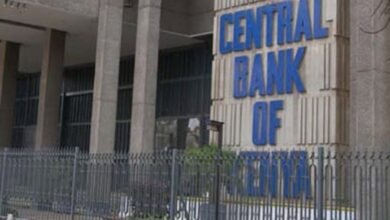
Kenya stands to save Ksh.66.7 billion ($500 million) every month as it vacates importing fuel commodities using the US Dollar starting this April.
It is a strategic initiative by the Kenyan government as it also seeks to ease pressure on the local currency against the dollar.
Kenya’s move to trade in local currency is a global de-dollarization campaign that is slowly gaining momentum, as countries around the world including Saudi Arabia, China and Russia seek alternatives to the hegemony of the US dollar.
This initiative was revealed by President William Ruto who said the implementation would see the local unit start trading at the rates last witnessed in 2021 – 120.
He attributed the milestone to his economic advisors, led by Kenya Kwanza government economic advisor David Ndii, Energy Cabinet Secretary Davis Chirchir and a representative from the Energy Petroleum and Regulatory Authority (EPRA).
“My economic advisors (David Ndii, Mohamed Hassan and Davis Chirchir) have done something phenomenal; they have managed to put together a programme that has taken us away from looking for $500M every month to buy our fuel needs… today we can buy fuel in Ksh.,” said President Ruto.
To achieve this, President Ruto said that starting April, all fuel marketers in the country will vacate buying the commodities using the US dollar but the local currency.
Kenya has already struck a deal to buy Persian Gulf oil with its own currency.
President Ruto’s remarks come at a time when the Shilling has experienced the steepest nosedive in history, currently trading at 133.63 units against the dollar.
It has slumped by one percent to 133.63 units in under a week when it kicked off the month at 132.3 units. It closed the first quarter of the year having dipped by 7.3 percent compared to the previous one in 2022, largely attributable to eased dollar demand in the energy, oil and manufacturing sectors.
The depreciation trend has been witnessed across the sub-saharan African region – due to the elevated inflationary pressures in region, high debt servicing costs that continue to dwindle foreign exchange reserves and monetary policy tightening by advanced economies such as the United States Federal reserve and the European Central Bank.
It, however, remains to be seen whether President Ruto’s forecast would materialise, as he hopes for the shilling to stabilise against the dollar.





